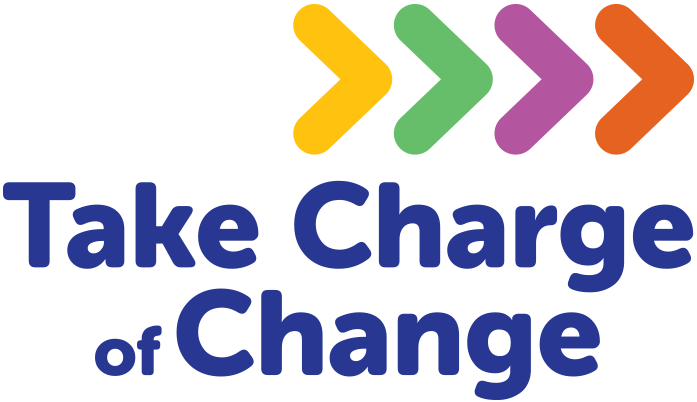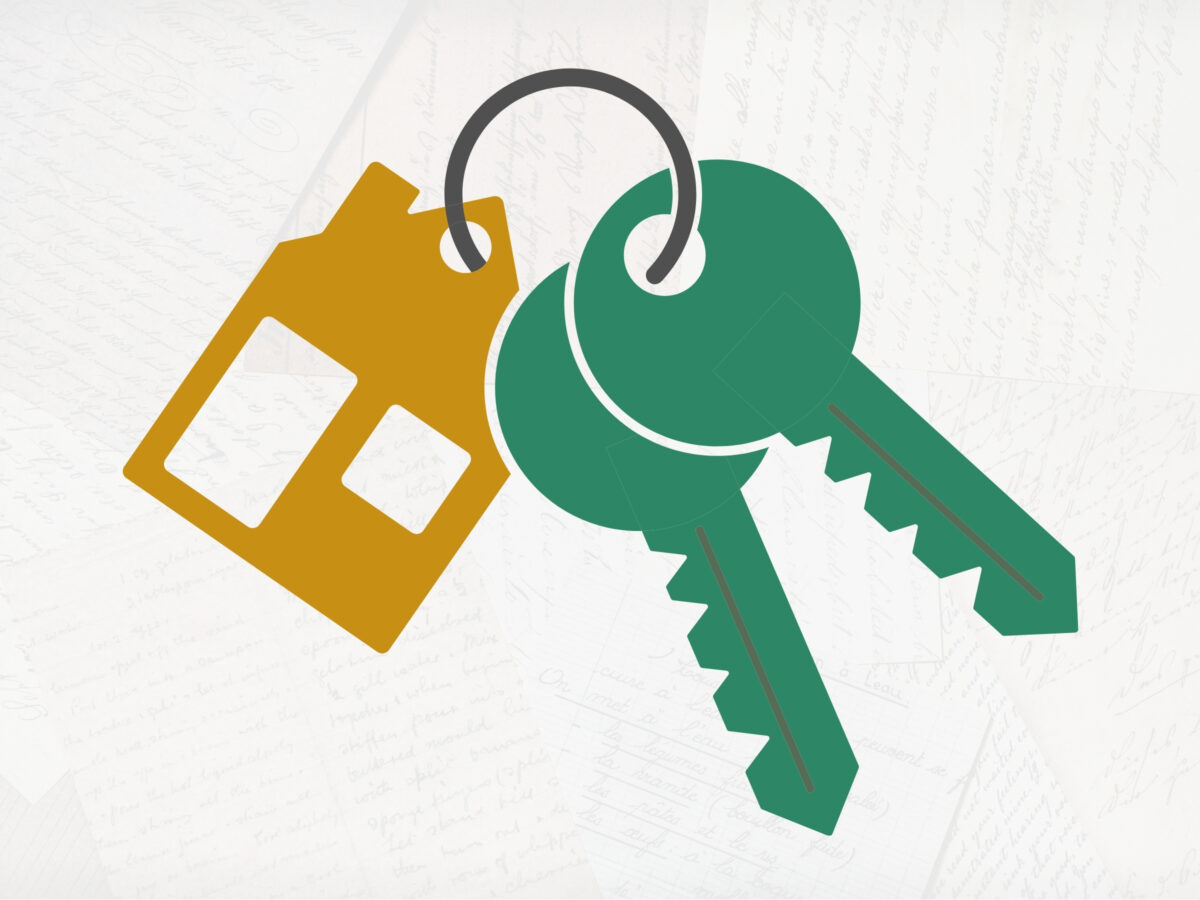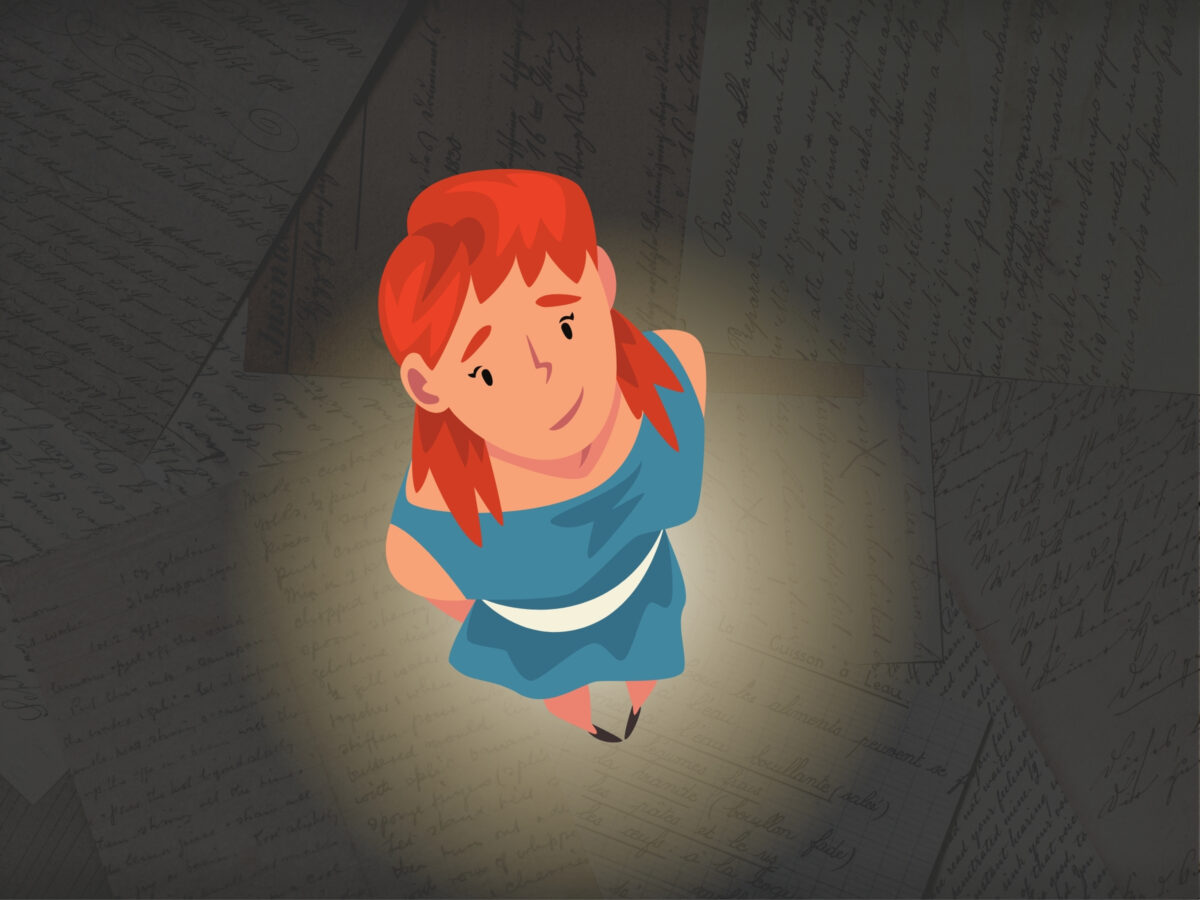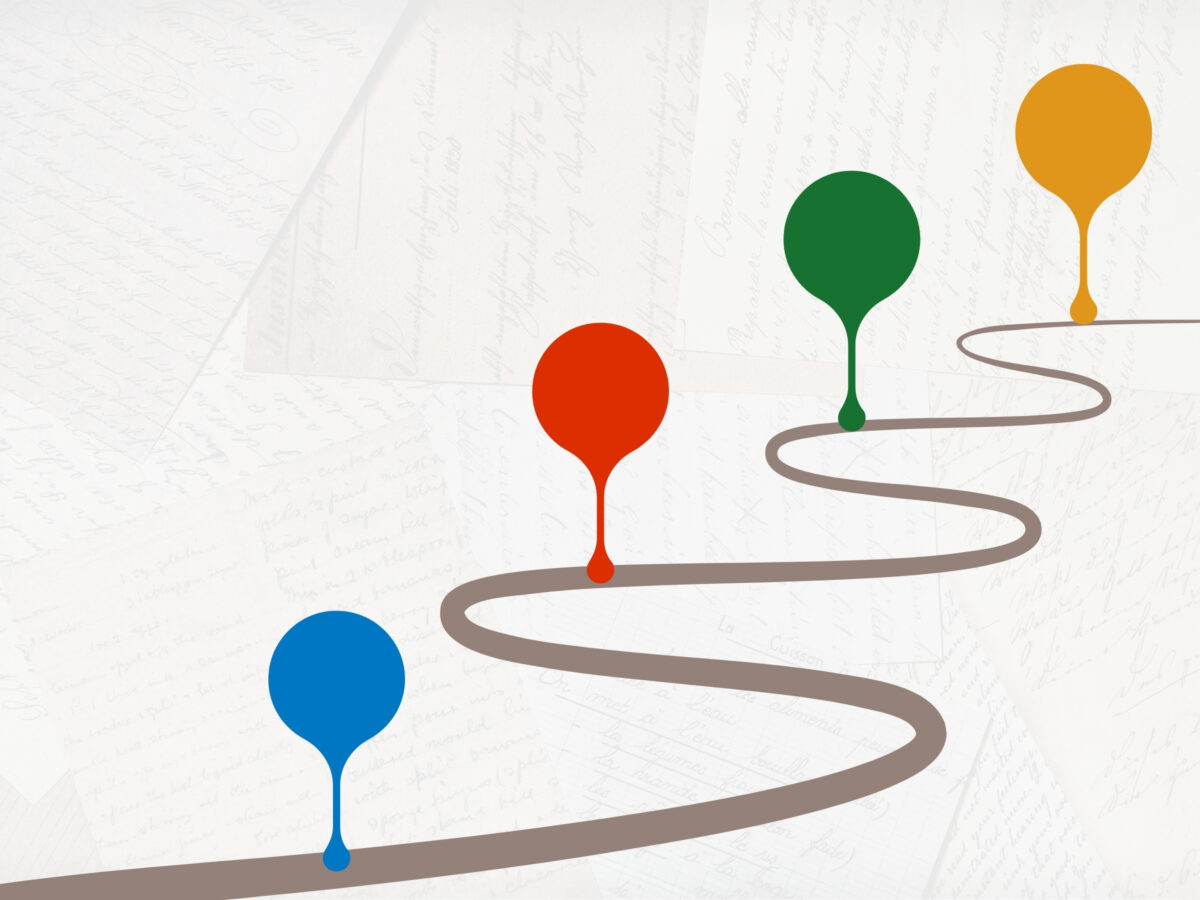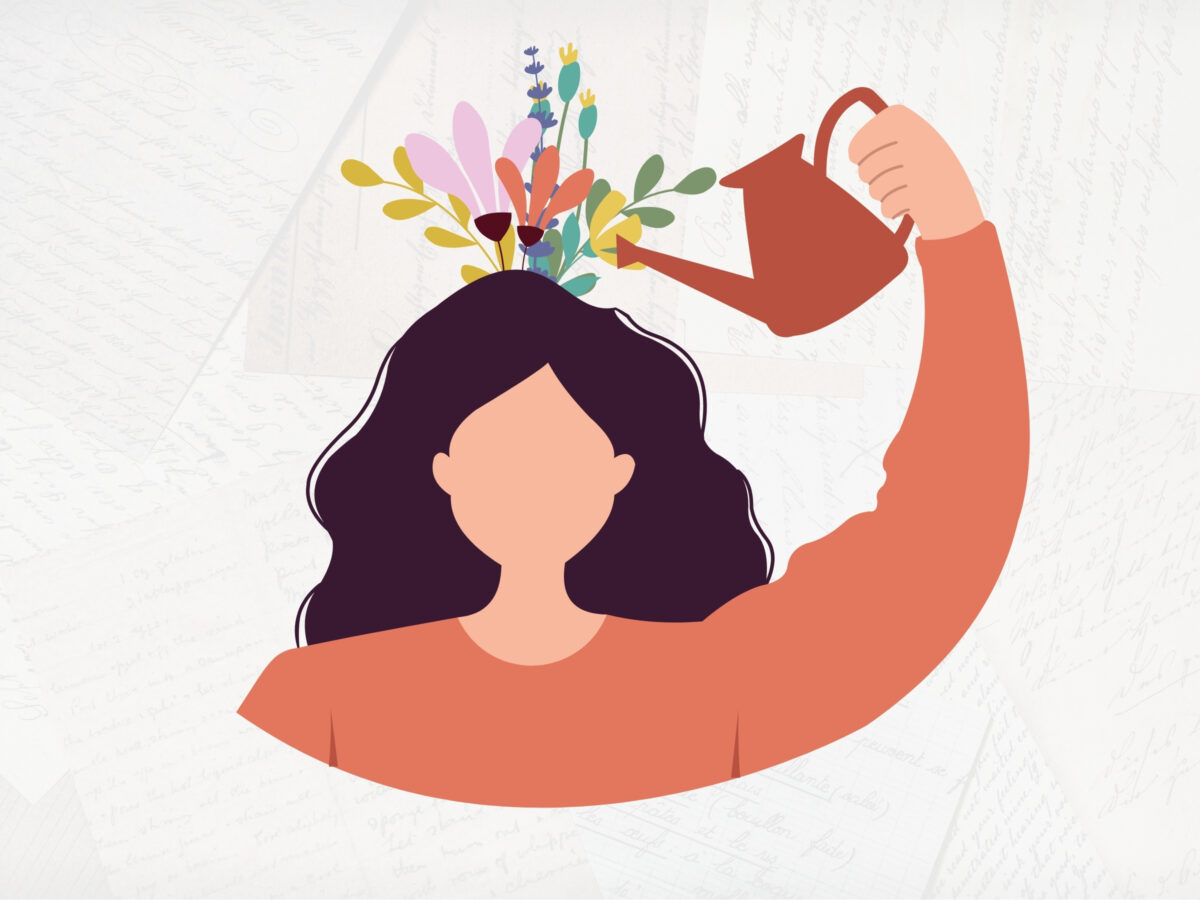The Hidden Price Tag of Being Disabled
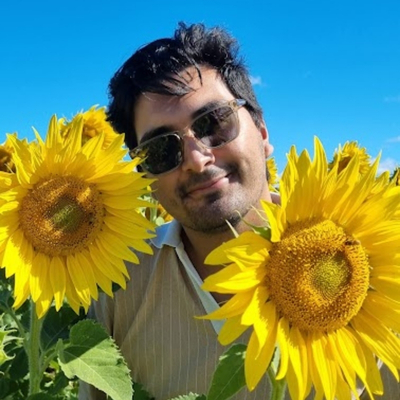
Written by: Rahim Mohammadi
First Published: 15 October, 2025
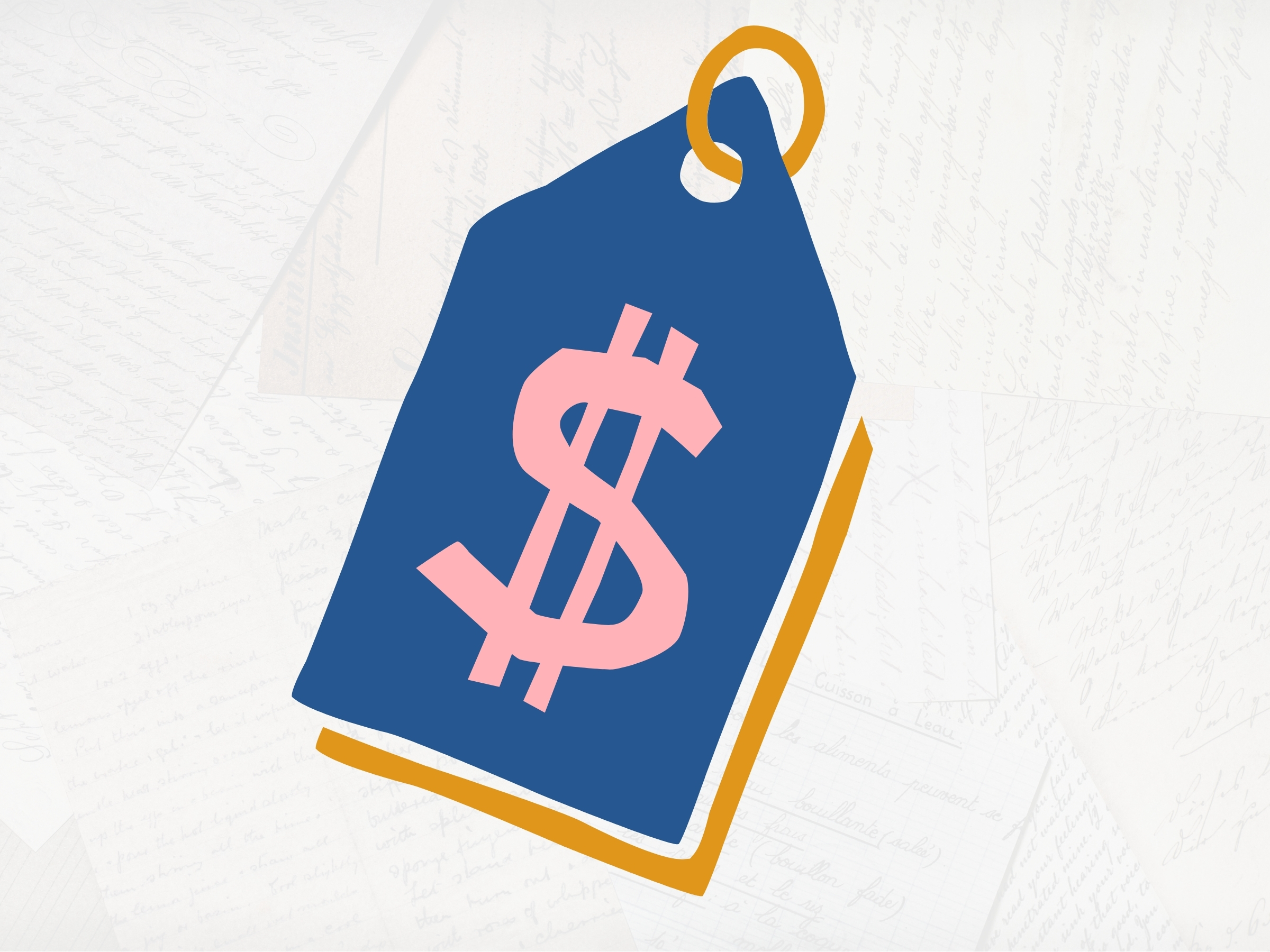
Content note: Financial hardship and medical trauma.
If you are reading this, you probably understand what I mean when I say that becoming an adult with disabilities feels different from what we imagined. When we were younger, we thought adulthood would bring financial independence and freedom. What we did not expect was how our disabilities would turn every decision into a complex calculation of costs we can barely afford.
I want you to know that if you are feeling overwhelmed by these costs, you are not alone. The price of existing in a world not built for us extends into every corner of our lives, and recognising this together makes it feel less isolating.
The medical expenses probably hit you first, just like they did for me. Each month, I watch hundreds of dollars disappear into medications that keep me functional. Those $300 specialist appointments, the diagnostic tests, the physiotherapy we need but cannot always afford. If you have learned to ration your healthcare like I have, choosing which symptoms to treat and which to endure, I see you. It is an impossible choice that no one should have to make.
But we both know the medical bills are just the beginning. Take work, for example. While our friends could chase any job that matched their ambitions, we filter opportunities through a different lens. Can we handle the physical demands? Will employers understand when we need flexibility for flare ups and appointments?
If you have turned down higher-paying positions because they demanded rigid attendance your body cannot guarantee, you are making a smart choice for your health, even when it hurts financially. The gap between what we could earn and what we actually earn grows wider each year, and that is not our fault.
Do you have memories like mine of missing important opportunities because of flare-ups? I remember missing a major industry conference during one of my worst periods. The registration fee was non-refundable, and I had already booked flights and accommodation which all amounted to around $3,000. It was heartbreaking, knowing I could not recover that money and that it would affect the rest of life for the next couple of months. If this resonates with you, please know that your commitment is not measured by perfect attendance. You are fighting battles others cannot see while building a career. That takes extraordinary strength.
The social costs probably cut deeper than you expected. Friends gradually stop including us when we cancel plans too often. If you have watched group chats go quiet when you explain why you cannot join another outing, I have been there. It stings every time.
We watch our friends make spontaneous decisions we envy deeply. They book weekend trips without considering whether their bodies will cooperate. They budget for wants, not just survival needs. That freedom feels like watching life through a window we cannot open. But remember, we are building different kinds of strength and learning to be intentional with our energy.
Dating brings unique challenges. Do we mention our conditions upfront or wait and deal with confusion later? Either way, we pay an emotional tax others never face. If you are navigating this too, remember that the right person will see your worth beyond your disabilities.
What breaks my heart is how expensive it has become just to maintain hope. Those therapy sessions that help us process grief are not a luxury but a necessity. Yet if you have sat in waiting rooms calculating whether you can afford another session, you know the cruel irony. We need mental health support because of disability stress but cannot afford it because being disabled itself is already too expensive.
Sleep has probably become something you pay for in multiple ways too. Medications that help us rest cost money but leave us sedated, foggy and groggy. Pain often wins anyway, leaving us exhausted and less productive at work which affects our income, making everything harder to afford.
If you come from a culturally diverse background like I do, the burden intensifies. In our communities, invisible disabilities are often met with scepticism or suggestions to just try harder. Cultural stigma means we often pay for private services rather than seek community support, adding isolation to an already expensive existence.
What people outside our experience do not see is that even our support systems cost us. Accessing disability services requires time, energy, and often money for assessments and documentation. The bureaucracy is exhausting when we are already managing chronic conditions.
Here is what I want you to know: your support systems (professional and personal) are there to help you get through your struggles and to also help you build a future in which you still exist and thrive. Your health matters, and there are ways to make it accessible. But if you feel angry about this, that anger is valid. If you feel exhausted by constantly advocating for yourself, that exhaustion is real. We should not have to fight this hard just to access basic support.
This is not about self-pity, and neither is your experience. We face financial pressures others cannot comprehend. We are not asking for charity. We are pointing out that the playing field is not level, and pretending it is only makes our struggle invisible.
Every day, we make choices between managing our health and managing our finances, between participating in life and preserving our limited resources. If you are making these impossible choices too, I want you to know that you are doing your best in a system never designed with us in mind.
We are not broken. The system is. While we work within it and advocate for change, we can find strength in knowing we are not alone. Your experience matters. Your struggles are valid. Despite everything, we are still here, building lives worth living, still finding joy where we can.
And that resilience? That is something no one can ever put a price tag on.

About the Author
Salam! I am Rahim, an embodiment of my name which means merciful in Arabic. I am a Psychology graduate from QUT who utilises my lived experience and expertise to drive systemic change. I am working as an Engagement and Project Lead (Lived Experience Identified Role) with the MHLEPQ and the NMHCA. I have also worked as an Advisor, Advocate and Consultant with over 30 organisations across Australia.
I am passionate about creating a world where all people can thrive. I draw on my own experiences of mental ill-health, trauma, and disability to advocate for systems change. I believe deeply in the power of co-design and the importance of incorporating everyone’s voices in systems.

